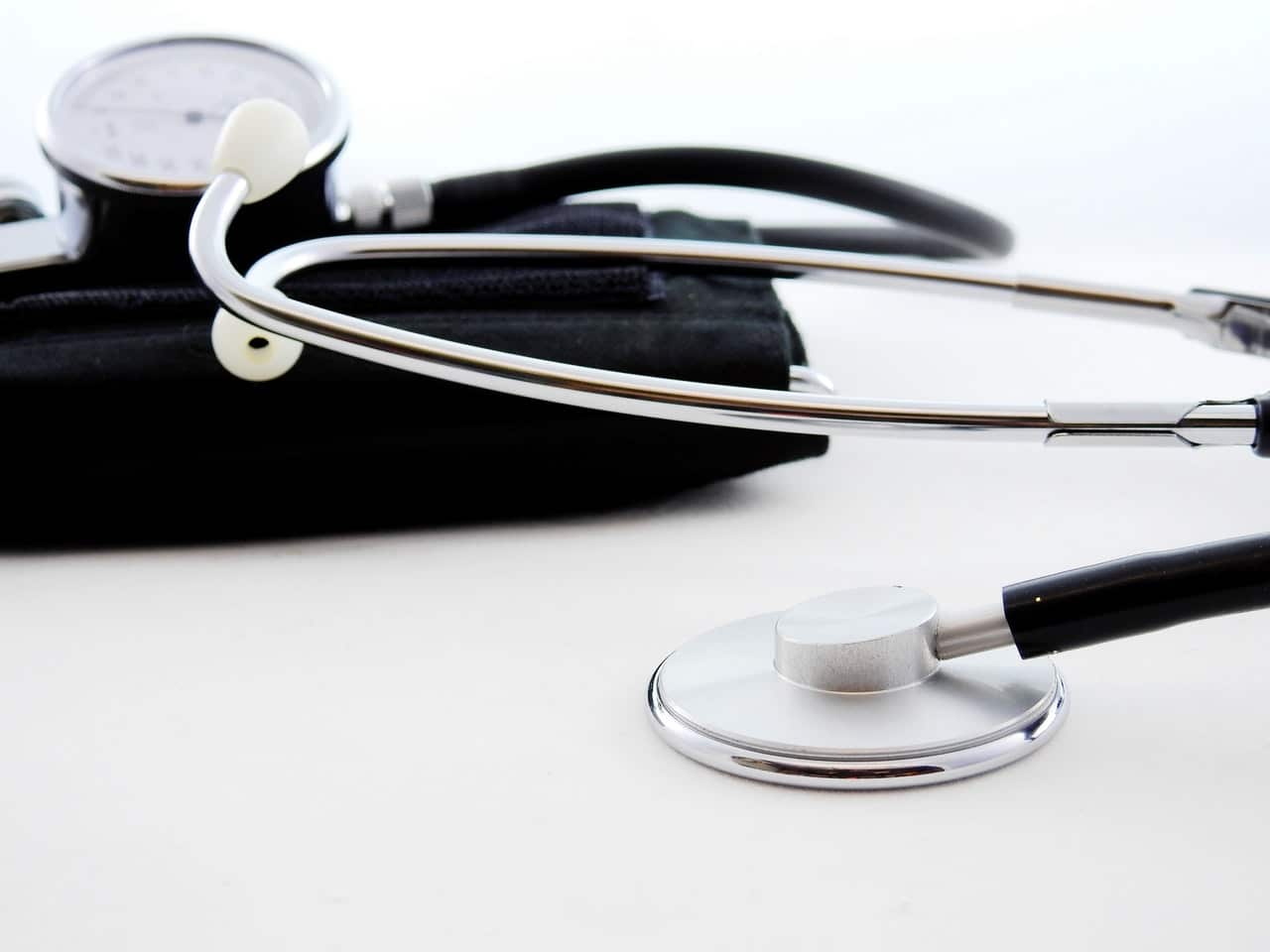Working within the healthcare profession, there’s a clear need to be HIPAA-compliant to protect patient data at all times. While a patient’s health care record must be managed carefully and safely, there’s also a requirement to ensure secure communications between healthcare staff. This avoids disclosing private, sensitive patient information over an open network in a way that their messages could be read by a third party.
IMAGE: PEXELS
The Risk Of Data Leakage For Patients
In this age of social media mass communication, data leaks often get broadcasted within minutes of their disclosure. A data leak – depending on what it relates to – could affect personal relationships, job security and other matters, which is why it’s so important to ensure absolute privacy for patients.
What Is HIPAA And How Does It Affect Communications?
The Health Insurance Portability and Accountability Act (HIPAA) is law. It relates to patient information protection. The act covers aspects of data records including their storage, network management as it relates to the safe transmission of data, and security setup to ensure patient data remains confidential.
It’s now become the cornerstone of good data management practice with a number of industries beyond healthcare having adopted it either in part or in full. This demonstrates its broad applicability as a guideline for protecting all kinds of data. In this age of almost continual data breaches at major corporations across America, there’s never been a greater need for attention to sensible practices to ensure full HIPAA compliance.
How Can Short Messages Be Made Secure?
What is needed for doctors, nurses and other critical healthcare staff to communicate instantly and easily is a secure messaging facility? With Spok secure texting, they’ve got just that. Many hospitals and clinics already use this service to ensure their messaging is privately managed.
The Spok Mobile solution uses two mobile apps – one for iOS and the other for Android – for healthcare staff to send and receive instant messages. The app works on tablets as well as smartphones, so information sent can include coded alerts, patient test or scan results, and other relevant information. All messages and data exchanged are encrypted to protect it and a log is created of all messages exchanged throughout the organization.
The software supports an ‘on-call’ roster, so staff can see who is not ‘on-call’ and is therefore unavailable. This avoids sending a message to someone on staff expecting a reply and losing time waiting for a reply that doesn’t come until they’re back on-call.
For healthcare workers that need reliable secure messaging to discuss patient healthcare matters while on the premises, it’s necessary for them to use a universal system that all staff adopts. Using common mobile devices that they’re already familiar with is the simplest solution to get employees comfortable with using secure messaging. Along with network security to ensure each patient’s complete health record is safe and well maintained, a healthcare organization can provide everything their staff requires in a secure manner. This avoids embarrassing disclosures about data breaches and the loss of confidence that follows it.
If you are interested in even more lifestyle-related articles and information from us here at Bit Rebels then we have a lot to choose from.


COMMENTS